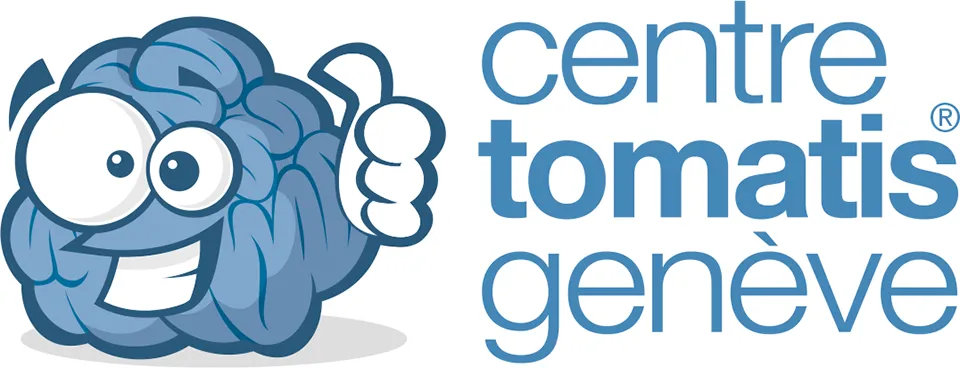How children learn to speak

Children are natural language learners, and they acquire language through a combination of exposure, imitation, and practice. The process of language acquisition in children is a complex and fascinating one, and it is essential for parents, educators, and speech therapists to understand how it works. In this article, we will explore the stages of language development, strategies for promoting language learning, and tips for identifying and addressing language delays.
The Stages of Language Development
The process of language acquisition in children is divided into several stages. The first stage is the prelinguistic stage, which begins at birth and lasts until around 12 to 18 months of age. During this stage, children develop the ability to make and recognize sounds, as well as to communicate through nonverbal means such as gestures and facial expressions.
The next stage is the one-word stage, which lasts from around 18 months to 2 years of age. During this stage, children begin to use words to communicate and they understand a limited number of words. They start to build up a small vocabulary, usually around 50 words, and they start to experiment with combining words to create short phrases.
The two-word stage starts around the age of 2 and lasts until 3 years old. At this stage, children start to combine words to create short phrases and sentences, such as "mommy go" or "me juice".
The Telegraphic speech stage starts around 3 years and lasts until 4 years of age. Children start to use more words and phrases, and their grammar starts to become more complex. They start to use more pronouns, articles, and prepositions in their speech, and they start to form simple questions and negatives.
The final stage is the full sentence stage which starts around 4 years of age and continues through adolescence. Children's grammar becomes increasingly complex, and they start to use a wide range of vocabulary and sentence structures. They also become more aware of the social and pragmatic aspects of language, such as turn-taking in conversation, and they start to understand more abstract concepts such as idioms and figurative language.

Promoting Language Learning
Promoting language learning in children begins with providing a rich language environment. This means that parents and caregivers should engage in frequent and varied interactions with the child, using a wide range of vocabulary and sentence structures. Reading to children is also an excellent way to promote language learning, as it exposes them to new words and concepts. Additionally, parents can use strategies such as labeling objects, asking open-ended questions, and providing simple and clear explanations to encourage children to develop their language skills.
Identifying and Addressing Language Delays
Language delays can be caused by a variety of factors, including hearing loss, autism, and developmental delays. Parents and caregivers should be aware of the typical milestones for language development and should seek professional help if their child is not meeting these milestones. A speech-language pathologist can assess the child's language skills, identify any delays, and provide appropriate intervention.
In conclusion, children acquire language through a combination of exposure, imitation, and practice. It's important for parents, educators and speech therapists to understand the stages of language development, strategies for promoting language learning, and tips for identifying and addressing language delays. With the right environment, support, and guidance, children can develop strong language skills that will serve them well throughout their lives.
What we can do
Our Tomatis consultant can help children with language development issues once a diagnosis has been established by a speech therapist.
The Tomatis Method is a very efficent complementary therapy to traditional speech therapy
The Tomatis Method, developed by Dr. Alfred Tomatis, is a method of voice and ear training that can help improve a child's ability to hear and process sound, which is an essential aspect of language development. By using specific sound frequencies to stimulate the ear, our consultant can help children with language development issues to improve their listening skills and enhance their ability to hear high-pitched sounds. Additionally, the Tomatis Method can help children to develop better speech and language skills by improving their ability to produce sounds and by helping them to overcome any langage difficulties they may have.
Give your child the gift of language today and schedule a consultation with our Tomatis consultant to see the difference it can make.



